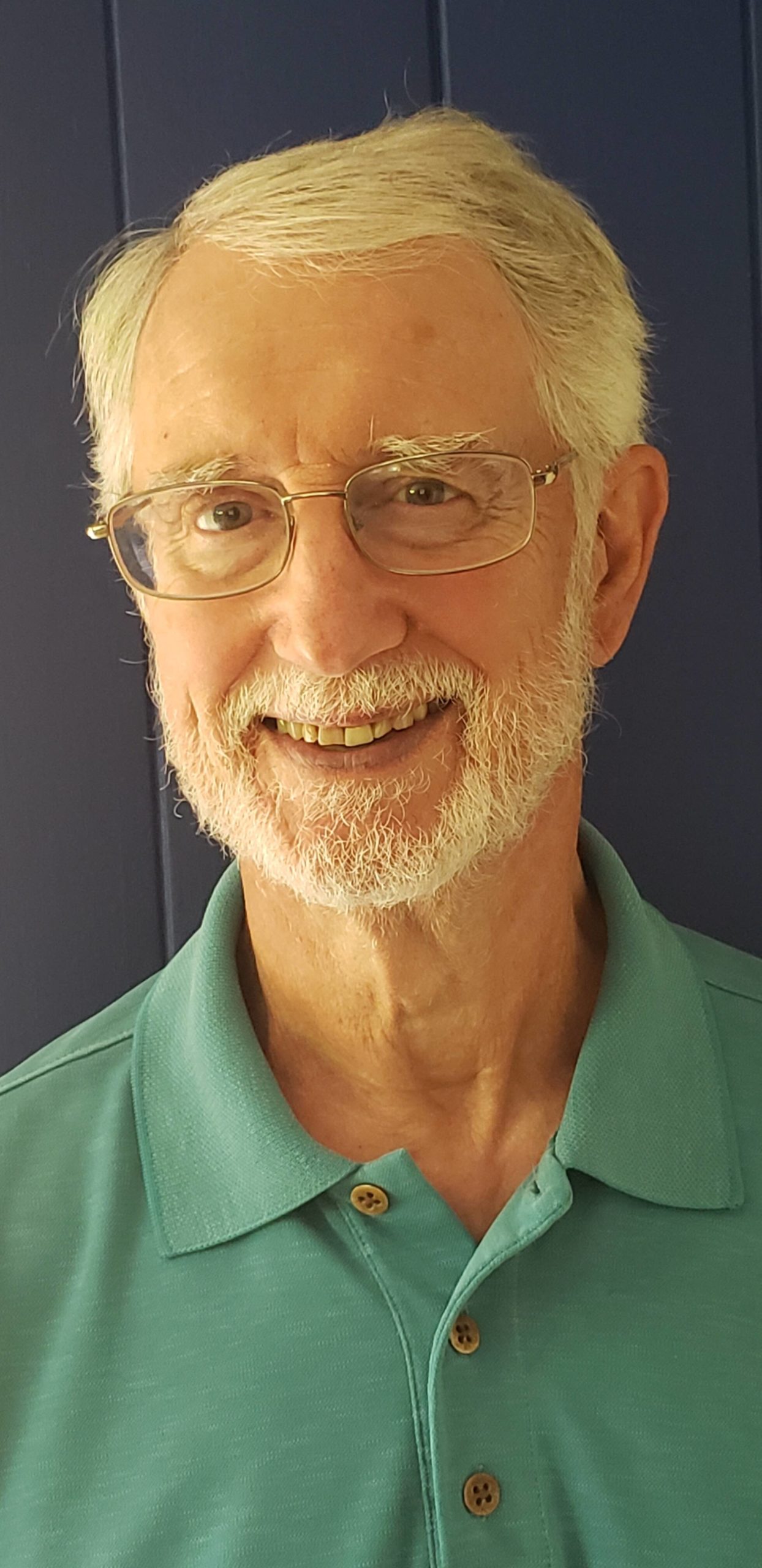About 40 years ago, when I was a member of The Seattle Times editorial board and writing a weekly opinion column, I decided to go out and interview people on Election Day. But instead of asking who they had voted for and why, I sought out people who had not voted and asked them why.
I went to some crowded places — Pioneer Square, Pike Place Market, the Greyhound Bus depot. I spent several hours asking random folks if they had voted or planned to vote. This was long before we had mail-in ballots, so voters still had to find a polling place on Election Day. The answers I got were revealing.
Some said they were just too busy. Some said they weren’t registered. Some said they didn’t think it would make any difference. But many simply didn’t know anything about the candidates or the issues. They were uninformed — and admitted it.
I wrote a column about this and got some bemused reactions. But sometime later I wrote a follow-up column that was far more controversial.
If people were clueless about the candidates or the issues, I argued, they should not vote. This caused consternation among my editorial board colleagues and around the newsroom. Every newspaper in the country always urges citizens to vote, as do nonprofit groups, political parties, individual candidates and countless others. Urging people to stay home is almost heresy. “That’s undemocratic,” critics say. “It’s our civic duty to vote.”
I get that. But I stand by my position. If you are an uninformed voter, don’t vote. If you haven’t followed the news, read the voters’ pamphlet, watched the debates, studied the candidates and issues, and checked the endorsements of newspapers, political parties and citizens’ organizations, just put your ballot in the recycling bin. Or at the very least, vote only on candidates or issues that you actually know something about. Happily, being informed is much easier today than it used to be, with tons of information, analysis and opinion available online, in traditional media and social media.
I know this is a contrarian position. But do any of us ever vote based on who looks the nicest, has the best hair, smoothest voice, appealing name, catchiest commercials, or sharpest one-liners? Well, probably. I certainly have.
We all make some decisions based on who is most engaging, or who we would most like to have a beer or lunch with. We do the same with friends, colleagues, co-workers and even relatives. But when it comes to electing our leaders, we should drill down a little deeper. And indeed, our state’s election system tries to make voting as easy and convenient as possible.
My King County general and special election ballot, plus the official local voters’ pamphlet, recently came in the mail. “Return your ballot as early as possible!” the business-reply envelope urges. You may send it by mail, but it must be postmarked by Nov. 8: “No Stamp Needed!” Or you can put it in a drop box: “Now 76 locations!” Open until “8 p.m. sharp” on Nov. 8. There are “vote centers” for those who need assistance, with voting machines, audio or large-print ballots, and elections staff to help. You can get voting materials in Chinese, Korean, Spanish or Vietnamese. You may even register through 8 p.m. on Election Day — but it will be a challenge to get informed if you wait that long. Why?
The ballot has two state advisory votes along with a King County Charter Amendment, a King County Conservation Futures Levy, a U.S. Senate and House race, a Secretary of State race, two District No. 41 Legislative Representative positions, a King County Prosecuting Attorney race, three state Supreme Court justice positions, two Court of Appeals judge positions, seven District Court judge positions, and — at the very end — a City of Mercer Island Proposition 1 Levy Lid Lift for Park Operations and Maintenance.
I’m not going to advise you on how to vote — except on Proposition 1: YestoMIParks.org, which I have already endorsed in a previous column on this page (Oct. 5). Study the voters’ pamphlet, do your research, and make up your own minds.
Oh wait, you are doing that already, right? Hey, nobody ever said democracy was easy!
In a recent opinion section column in The Seattle Times (Oct. 23), Alex Fryer, who is on the Times’ editorial board, wrote that we need to strengthen elections in several ways: more drop boxes, more debates, more public forums, more independent analysis of candidates and ballot measures. He concluded: “Perhaps most of all — for all our worldliness — we need better-informed voters. Ask any campaign door-knocker and they’ll tell you: The level of knowledge about local civic affairs is depressingly low. If democracy is a constant work in progress, it’s time to stop with the big experiments and focus on the simple, non-ideological things that bring people to the polls to make educated decisions about their collective future.”
Better-informed voters: Spot on. If you’re not one, do us all a big favor and don’t vote.
John Hamer is a retired journalist and grandfather of four who has lived on Mercer Island for 25 years. He is a former member of The Seattle Times editorial board and a co-founder of the Washington News Council. Email him at jhamer46@gmail.com.


